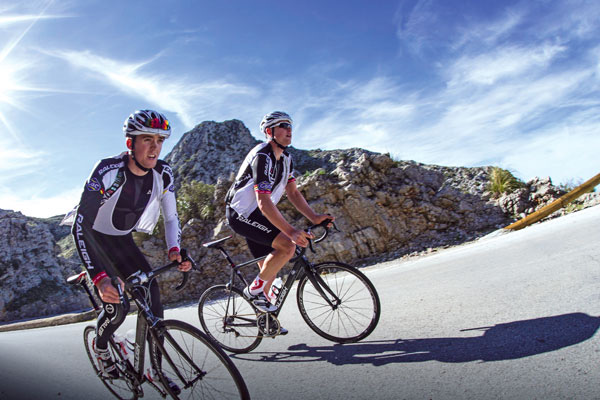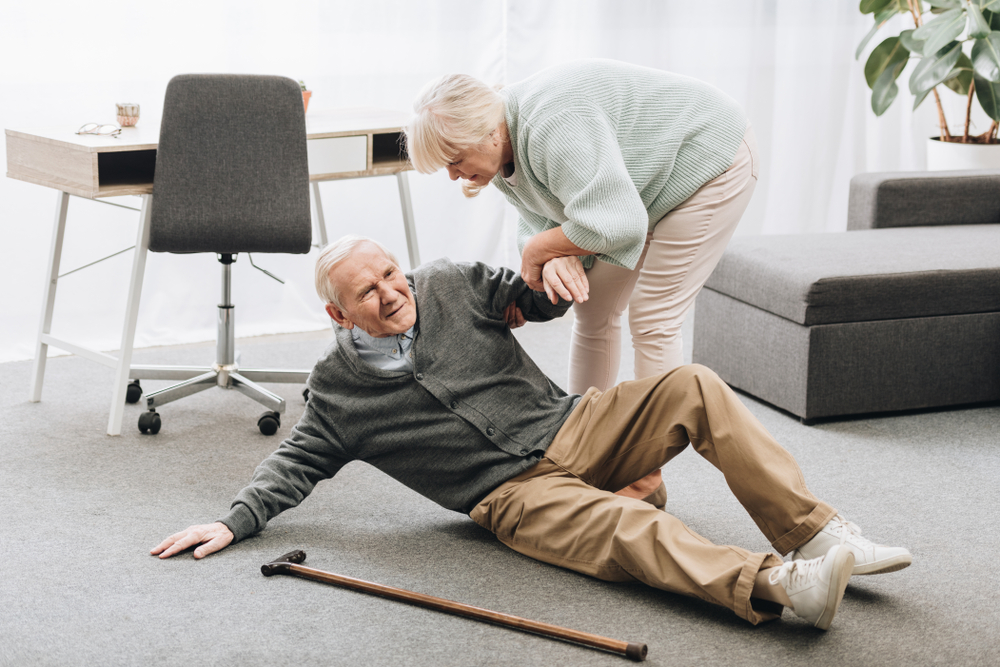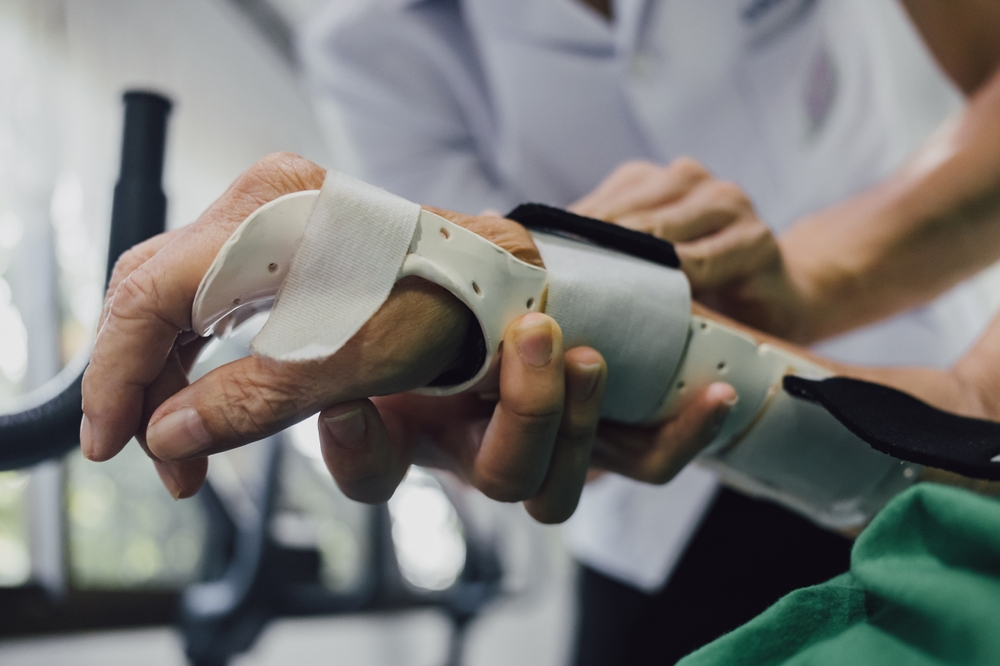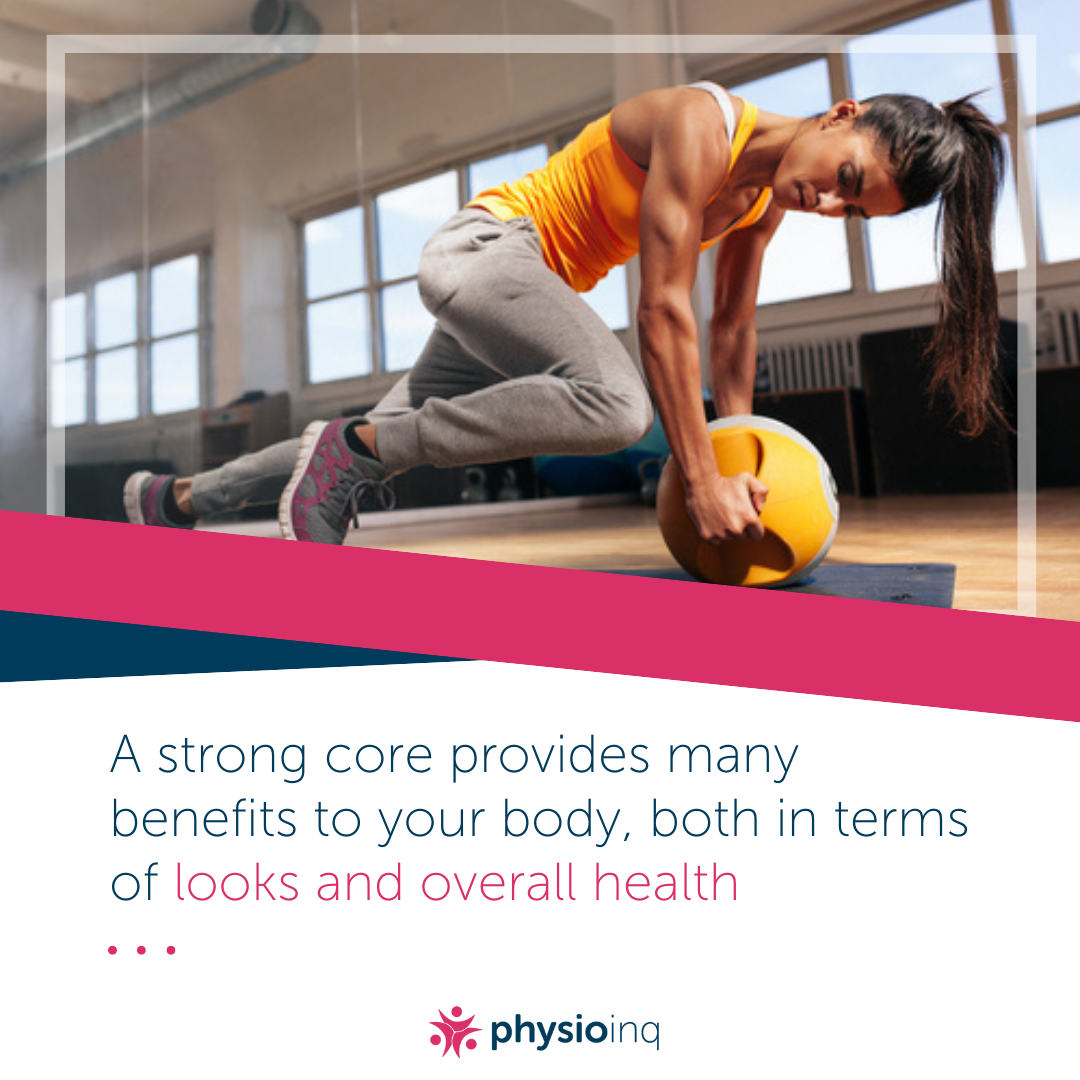The first principle is to get some structure into your training sessions, to ensure your body really benefits from the time you spend on it. Don’t think that a long cycle trip is necessarily the best way to train because it isn’t. The best way to improve is to plan the right structure with the right amount of interval training, on the right days.

Recovery time
Calculating your recovery time depends on several individual factors, such as your basic fitness level, the type of training and your nutritional status. For instance, after a tough riding session your body needs to recover first before it’s able to increase your muscle strength, so don’t overdo it.
Recovery time is a key part of your overall body function, so be sure to schedule your training periods and their intensity with this in mind.
Types of training
The types of training fall roughly into 3 categories – frequency, intensity and duration. When tinkering with these to find your best combination, do it little by little rather than trying to force your body to cope with a sudden increase in any particular category.
Sudden and strenuous increases in your training schedule will often cause negative symptoms if you continue overdoing it for 6 – 10 weeks - the opposite of what you’re trying to achieve!
Overtraining symptoms
You could develop a dip in your performance level, weight loss, poor appetite, sore muscles, feel tired and lose your motivation. This is because your body is overstressed and you’re not giving it enough time to recuperate and balance out the levels of minerals and vitamins that you’ve used up.
The cure for overtraining syndrome is rest – you have to cut back on the amount of training and on the intensity as well. So it’s a backward step in your physical training regime that you really don’t want to happen!
Training diary
That’s why it’s a good idea to write a training diary, so if you get any negative physical symptoms that continue or get worse, that’s your body’s early warning signal telling you to take it easy!
Balanced and consistent training over a period of time will make you a strong cyclist far sooner than a couple of tough weeks pushing yourself to the max. Because if you want to build brawn, you’ve got to use your brain!
Date Published: Friday, September 9, 2016
Locate a Mobile Physiotherapy
Service Near me
Get the experience & convinence you deserve to support your or a loved one's allied health needs.
Our Mobile Physiotherapy team are currently serving & taking appointments in the following states and regions in Australia:
New South Wales
- Blacktown
- Blue Mountains
- Campbelltown And Macarthur
- Canterbury-Bankstown
- Eastern Suburbs Sydney
- Georges River
- Hawkesbury
- Inner East Sydney
- Inner West Sydney
- Lake Macquarie
- Lower North Shore
- Newcastle
- Northern Beaches
- North Sydney
- Parramatta
- Penrith
- Southern Highlands
- South West Sydney
- Sutherland Shire
- Sydney CBD
- The Hills Shire
- Upper North Shore
- Waverley
- Wollongong
Tasmania
Victoria
Need to get into direct contact with ur Client Services team? We're all ears. Call our team directly on 1300 731 733






